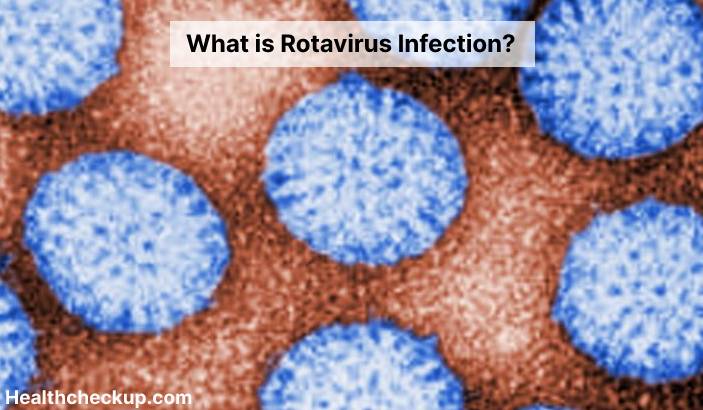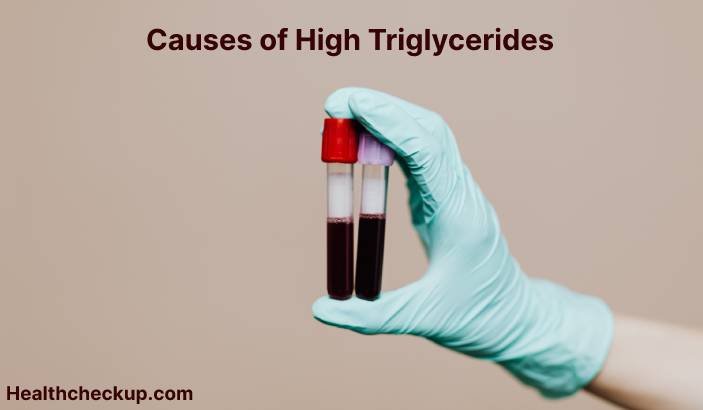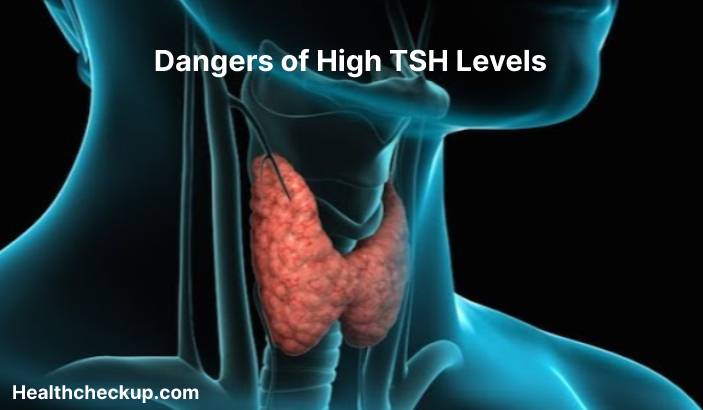Rotavirus infection is a viral infection that is caused by the rotavirus. It is a highly contagious disease that is transmitted through contact with fecal matter from infected individuals. Rotavirus infection is a leading cause of severe diarrhea in young children, and it can lead to dehydration and malnutrition.
Symptoms of rotavirus infection include:
- Fever
- Abdominal pain
- Vomiting
- Watery diarrhea
- Dehydration
Diagnosis of rotavirus infection is typically based on the presence of symptoms and laboratory tests, such as a stool sample test, to confirm the presence of the virus.
Treatment of rotavirus infection typically involves supportive care to prevent dehydration, such as oral rehydration solutions, and medications to control symptoms, such as nausea and vomiting. In severe cases, hospitalization is necessary to provide fluids and electrolytes intravenously.
Rotavirus infection can be prevented through vaccination with the rotavirus vaccine. The rotavirus vaccine is typically recommended for infants as part of the routine childhood vaccination schedule.
Good hygiene practices, such as washing your hands frequently and properly disposing of diapers, can also help prevent the spread of rotavirus infection. If you are experiencing symptoms of rotavirus infection or have been exposed to infected individuals, it is important to seek medical attention as soon as possible. Follow the recommendations of your healthcare provider and public health officials to help protect yourself and others from rotavirus infection.








